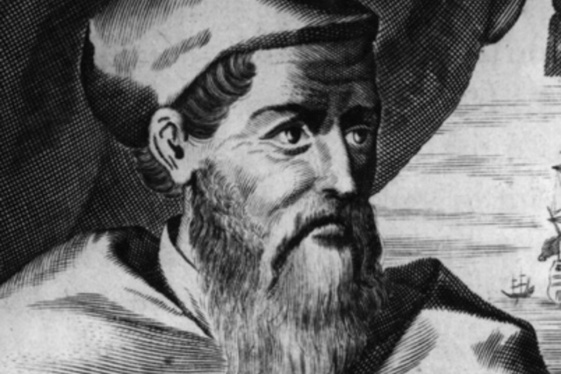

WTI Magazine #26 2014 Apr, 18
Author : Giuseppina Salzano e Giovanni Verde Translation by:
A figure unfortunately not adequately addressed over the years, Anna Maria Mozzoni is probably one of the most important and influential women of Italian and international political life between the nineteenth and the twentieth centuries.
Anna Maria, namely Marianna, was born in Milan in 1837, from an aristocratic family. At the age of 5 she was forced by her father to study in a college, but already in 1851 she will prefer to return home and continue their studies by herself, tired of the bigoted education imparted by the nuns.
She then began reading especially important French and Lombard writers from the Enlightement movement, Giuseppe Mazzini, Georges Sand and Charles Fourier. In these years she wrote her first work, in French, "La Masque de fer, comédie en trois actes" (The Iron Masque, a comedy in three acts).
She was still young when she entered in Mazzini groups inspired to Risorgimento, dealing about female emancipation and the fight against the dominant thinking which wanted the woman as a figure linked exclusively to the domestic environment.
Her first work entirely focused on women's issues was "La donna e i suoi rapporti sociali" (Woman and her social relations). Anna Maria wrote in these pages: "To deny the woman a complete reform in her education, broader boundaries about her education, a job, an existence in the city, a life in the nation, an opinion ... is just not possible anymore; and interest hostile to this rebirth will may be able to delay it with an ungenerous fight, but never stop it".
Following the unification of Italy in the 70s of the XIX century, Anna Maria approached to the liberal ideas of John Stuart Mill, after having translated the work of the British author "The subjection of Women". In 1878, Anna Maria represented Italy in Paris, at the International Congress for the rights of women.
Between 1870 and 1890, Anna Maria Mozzoni was able to present and enforce her battle in favor of women's right to education: thanks to the publication of her works in the newspaper "La Donna", her thoughts gradually acquired greater international status. In the 80's she got close to the Italian socialism, to promote the rights of women workers, but she continued to express her thoughts as an independent.
Indeed, she found in the choices on labor policies of the Italian Socialist Party a deep inconsistency, and so decided to enter the debate on the introduction of laws protecting female labor, over the last years of the century.
According to Anna Maria Mozzoni, the legislation made to protect the Italian female workers, promoted by the socialists, in reality did nothing but accentuate the consideration of the women's work as an activity lower than that of men, thus justifying the differences in treatment wage.
Her biggest battle, the one she fought throughout her entire life, was the one to grant the right to vote to women. She presented a motion to the Italian Parliament in 1877, then another in 1906 as part of the wider discussion on the reform of the electoral law. This last motion was also signed by Maria Montessori, very young at that time.
Her dream will be realized only in 1948. Anna Maria Mozzoni could not see it with her eyes: she died on June 14, 1920, in Rome, at the age of 83.
Of this remarkable woman, of which far too little has been talked about over the years, will remain some words, such as stones: "Che fa la penna in mano a una donna se non serve alla sua causa, come a quella di tutti gli oppressi" (Why is there a pen in the hand of a woman, if it doesn't serve her cause, and the cause of all the oppressed?)
You may be interested
-
Great Italians of the Past: A Christmas Eve...
Did you know that Christmas isn’t just a day but it’s a frame of mind?! And it’s to celebr...
-
Great Italians of the Past: Adriano Olivetti
WTI Magazine #79 2016 May 13Author : Giovanni Verde Translation by: An extr...
-
Great Italians of the Past: Alda Merini
WTI Magazine #61 2015 May, 29Author : Giovanni Verde Translation by: A torment...
-
Great Italians of the Past: Alessandro Volta
WTI Magazine #85 2016 November 21Author : Giovanni Verde Translation by: Th...
-
Great Italians of the Past: Altiero Spinelli
WTI Magazine #74 2015 December 11Author : Giovanni Verde Translation by: Th...
-
Great Italians of the Past: Amedeo Modigliani
WTI Magazine #67 2015 September, 4Author : Giovanni Verde Translation by: S...
-
Great Italians of the past: Amerigo Vespucci
Despite being less "famous" than Christopher Columbus, Amerigo Vespucci is the Italian who...
-
Great Italians of the past: Anna Magnani
Anna Magnani was the anti-diva par excellence, the female icon of the neorealism. Among th...













